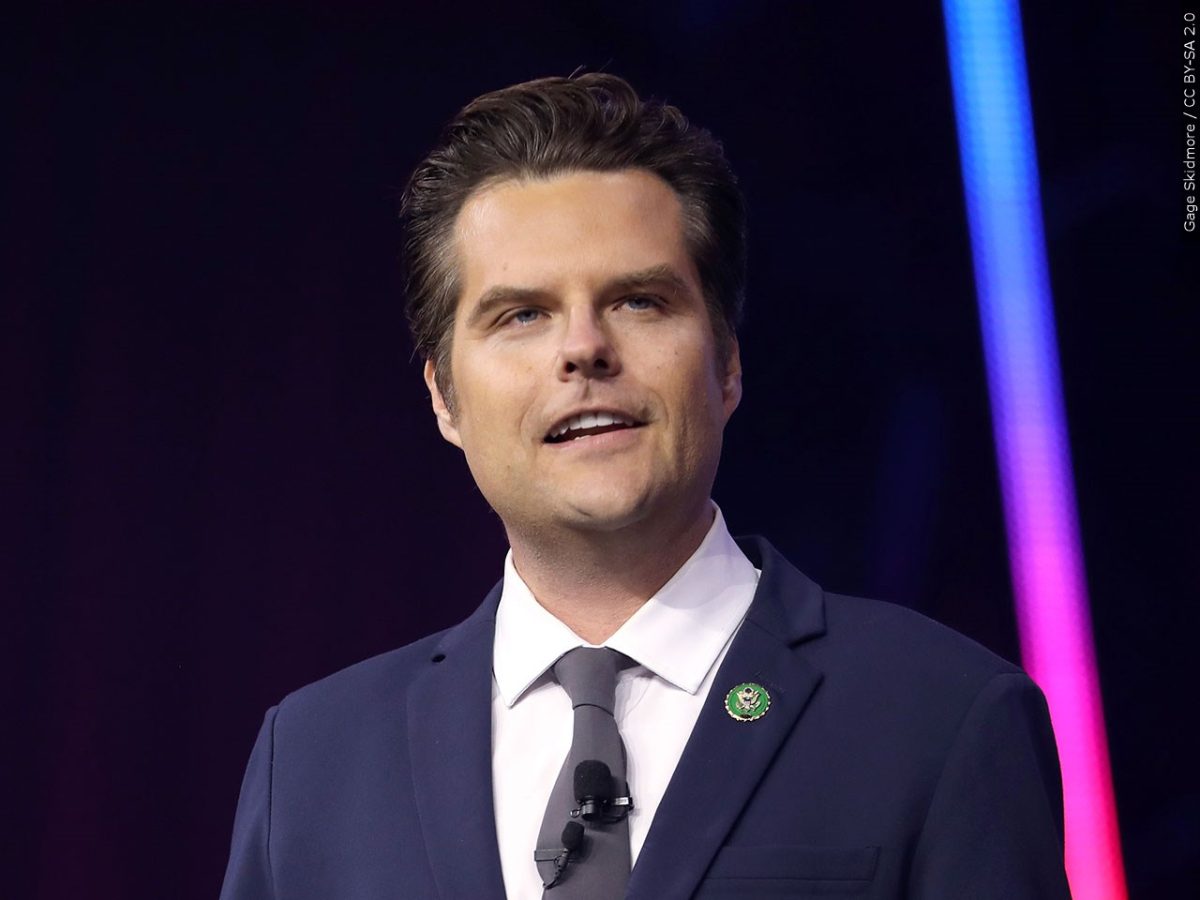For the second time in the past eight years, Donald Trump has been re-elected president of the United States, making a re-appearance for the first time since his first term ended in January 2021. In the weeks following his win, Trump has garnered even more attention as he selects cabinet members for his next four-year run.
Notably, Trump appointed Marco Rubio as his Secretary of State. Rubio served in the Florida House of Representatives between 2000 and 2008 before joining the U.S. Senate in 2011. He held a prominent role until President Trump appointed him following the election.
Pete Hegseth, the appointed Defense Secretary, served as a U.S. Army Officer for 11 years before becoming a Fox News contributor and host.
Matt Gaetz as the appointed Attorney General, Robert F. Kennedy Jr. as the appointed Department of Health and Human Services Secretary, who had initially run in this same election beginning as a Democrat and then turned independent.
With Gaetz dealing with investigations on matters tied to sex trafficking involving minors—to which he has now announced in a post on X (formally known as Twitter) on November 21, 2021, his self-removal of the position—and Kennedy having a long-stemmed public opinion on anti-vaccination policies, controversial decisions like this will be discussed for a while following this election.
Finally, the possibly most well-known to the public is Elon Musk, the appointed Department of Government Efficiency Secretary, known for his technological innovations, such as OpenAI, Neuralink, Tesla, and Starlink.
“The nomination process can be characterized as fast and furious,” said Steven Elliot-Gower, an associate political science professor.“It’s being fast in the sense it’s been pretty efficient compared to 2016… and they’ve really worked hard on getting their nominations out of the door in very rapid succession.”
Trump almost immediately began announcing his cabinet, starting with Rubio a mere eight days after Election Day. On the spectrum of things, historically, it can be quick for the president-elect to announce; however, it is nowhere near this immediate. For example, President Joe Biden announced his first cabinet appointees on November 23, 2020, twenty days after the election.
“They’re internationalists; both of them, [Michael] Waltz and Rubio, have a ton of foreign policy experience,” Elliot-Gower said.
While the president-elect can appoint whoever he wants to a cabinet position, his choices will need to go through an approval process through the Senate, which allows them to either approve or deny the cabinet appointees. While many of Trump’s cabinet appointees are experienced, well-known politicians or have experience in the field their position entails, some of the decisions have little expertise, which could impact their efficiency in that role.
“I think that in the first year, it’s going to be interesting to see the new cabinet members’ impact,” said Scott Buchanan, a political science professor. “Whether or not some of them will get confirmed at the end because they have to be confirmed by the Senate.”
According to Article II, Section 2 of the Constitution, the president shall nominate individuals to cabinet positions. The process then goes through a committee review, which could lead to several hearings and finally finishing with a vote. It typically requires a simple majority, and depending on the outcome, the nominee will either be confirmed and assume office or be rejected, and the president must nominate a new candidate and restart the process.
At this point, the Associated Press has the Democrats losing four seats to the Republicans, giving the Republicans a 53-47 advantage in control of the U.S. Senate.
“They’re internationalists; both of them, [Michael] Waltz and Rubio, have a ton of foreign policy experience,” Elliot-Gower said.
Michael Waltz, who was appointed National Security Advisor, and Rubio were expected to be chosen by Trump for a cabinet position. Even though they were expectedly chosen, the Rubio decision may surprise a few, with Trump and Rubio having long-lasting drama stringing from years prior, with Trump calling Rubio “Little Marco” during the 2016 election.
With the controversy stemming from the election, more now than in the past, almost every political decision made will be praised or gain backlash from the community. Due to the opinions of citizens of the United States not being happy with Trump winning, even more politically experienced appointees are gaining heavy backlash from the press, and those who do not have a well-established time in a political position are receiving even heavier criticism.
“Gaetz and Kennedy are probably the two most controversial choices, in that order in Gaetz then Kennedy,” Buchanan said.
“I would say that the defining criteria for all of these nominations has been loyalty to Trump,” Elliot-Gower said. “In a normal presidency, loyalty would be important, but it would also be accompanied by considerations about expertise, experience, and ethics. Trump, with the exception of Rubio and Waltz and maybe a couple of others, has really thrown experience, expertise and ethics under the bus.”
While it is common, even expected, for presidents to choose members of their running party to serve in their cabinet, it is rare to see appointees with little to no experience in their specific field appointed to these high government positions.
While Trump’s decisions have differed from those of prior presidents, the cabinet’s diversity can be seen as a new perspective on presidential cabinet selections.


